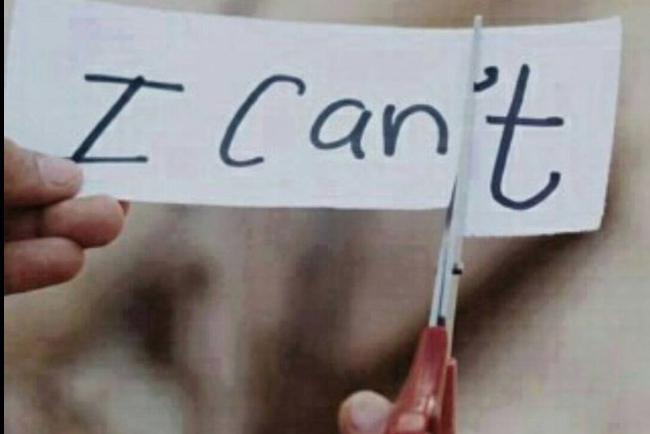
November 27, 2016
 User @CoolcatWon/Twitter
User @CoolcatWon/Twitter
According the the Kaiser Family Foundation, only about 51% of America's mental health need is met.
Pennsylvania has jumped up six spots to number nine in Mental Health America's latest annual U.S. rankings on the state of the nation's care for those struggling with a range of psychological conditions.
The report, now in its third year, determines rankings based on each state's prevalence of mental illness and the effectiveness of the systems it has in place to provide residents with treatment resources.
Using data from 2014, MHA's report reveals that 17.52 percent of Pennsylvanian adults have some form of mental illness, just below the national average of 18.29 percent. Among minors, 7.3 percent of Pennsylvania youth experienced a severe Major Depressive Episode (MDE), registering one of the state's lowest rankings at 28, though still a shade beneath the national everage of 7.4 percent.
Nesrly 60 percent of those children with an MDE did not receive mental health services for their condition, again below the national average of 64.1 percent. About 21 percent of Pennsylvania youths with MDE received some form of consistent treatment.
Overall, Pennsylvania ranked 12th in access to care across nine measures covering adults and children, an improvement of four spots over the 2011 report. Still, 20.9 percent of Pennsylvania residents seeking treatment for a mental health problem are unable to receive care due to issues with insurance and other financial hardships.
More than 40 million Americans, about one in five adults, suffer from a mental health condition, according to the report's key findings. Rates of youth depression increased from 8.5 percent in 2011 to 11.1 percent in 2014, a trend that has outpaced the labor and resources to provide sufficient treatment for 80 percent of those who are affected. In states with the lowest workforce, the shortage of mental healthcare professionals stands at about 1 for every 1,000 people.
Driven by the expansion of Medicaid in 32 states, the percentage of uninsured adults with a mental illness fell from 19 percent to 17 percent, or about 7.5 million Americans, between 2011 and 2014.
The goal of Mental Health America's report is to provide a snapshot of mental health status among adults and youth in order to inform policy and program planning, analysis and evaluation.
“Once again, our report shows that too many Americans are suffering, and far too many are not receiving the treatment they need to live healthy and productive lives,” said Paul Gionfriddo, president and CEO of Mental Health America. “Mental illness touches everyone. We must improve access to care and treatments, and we need to put a premium on early identification and early intervention for everyone with mental health concerns.”
Access the full report and data here.